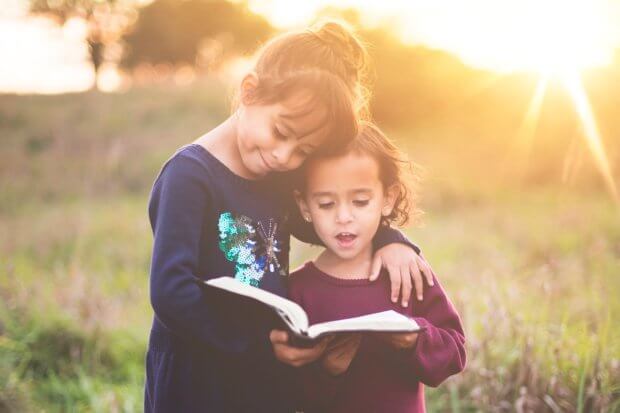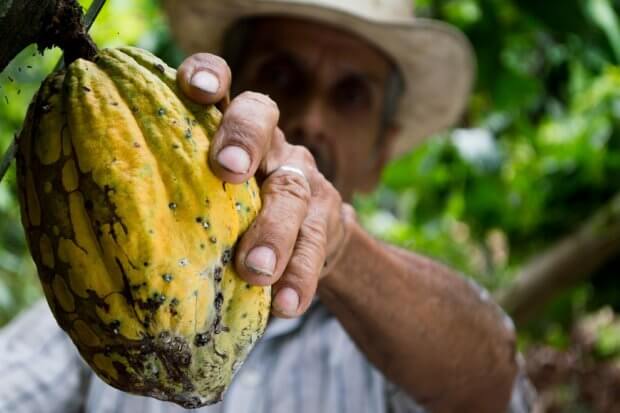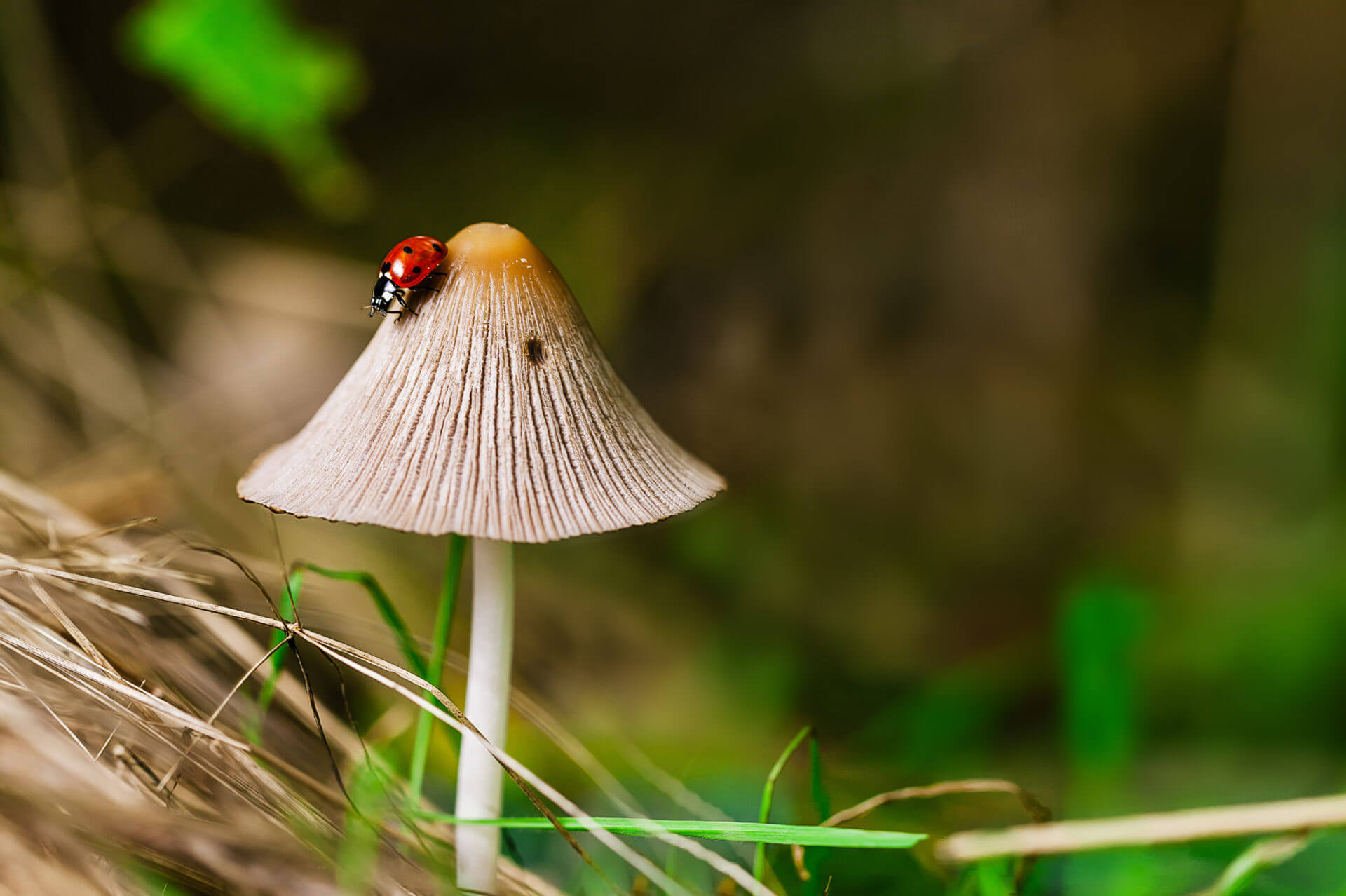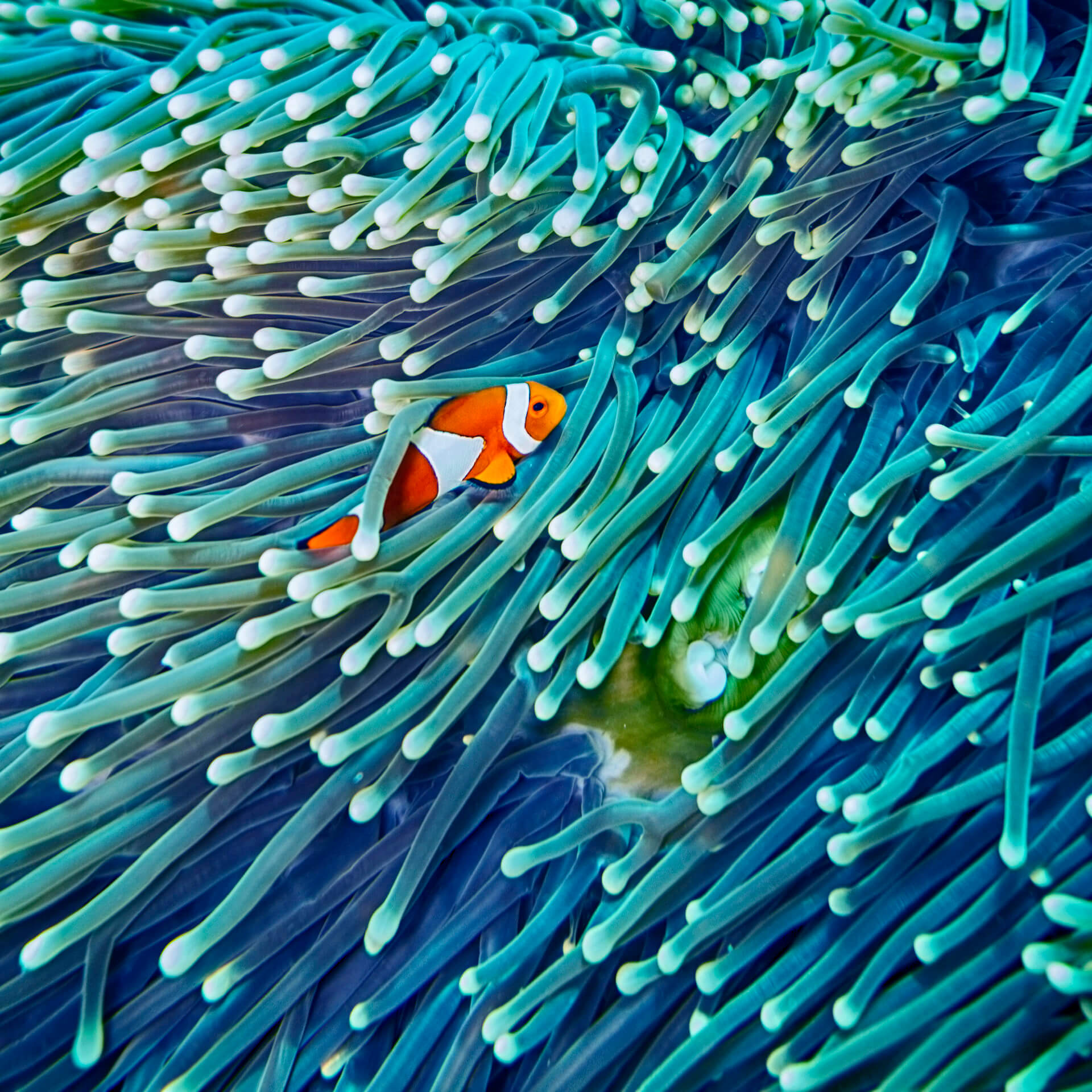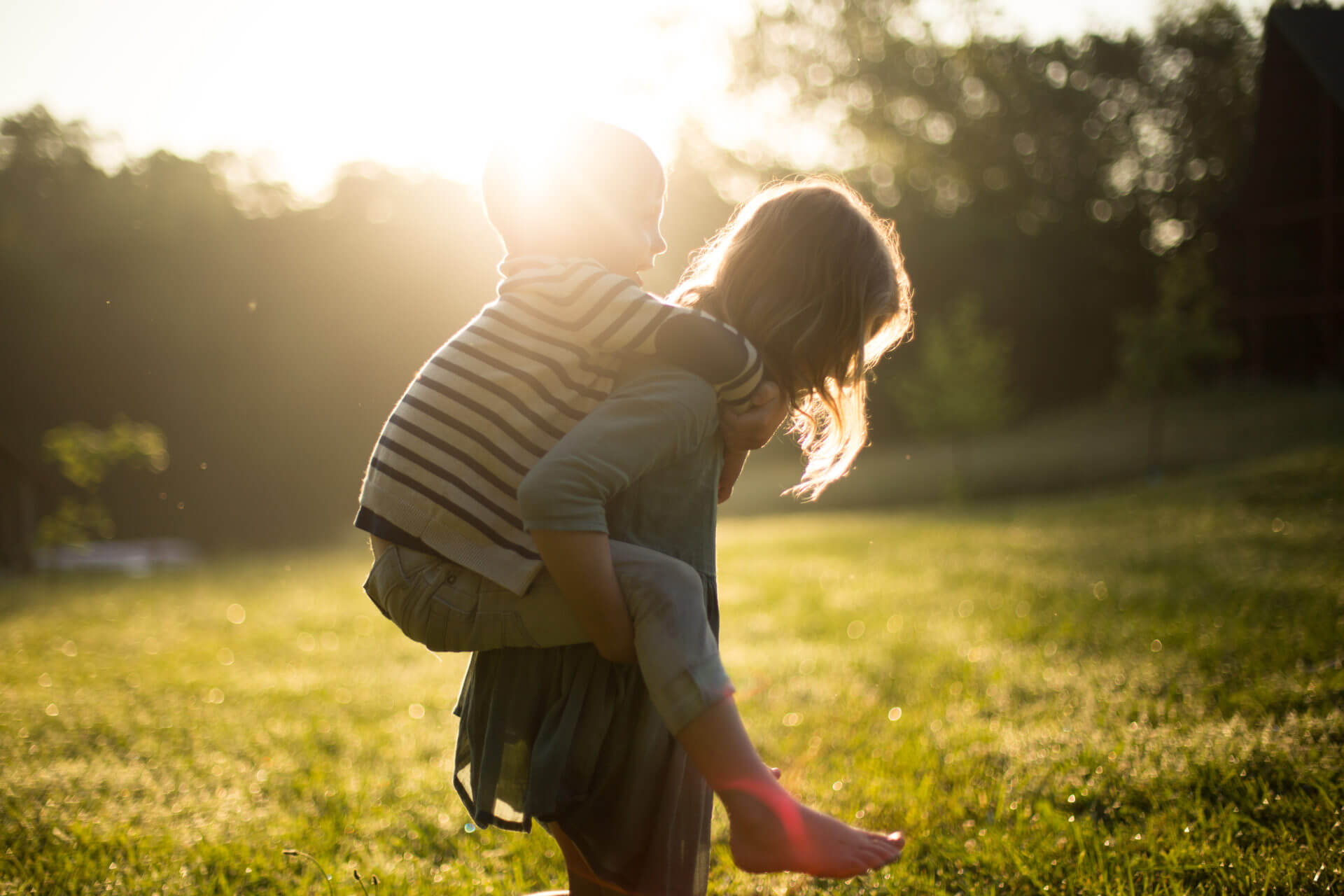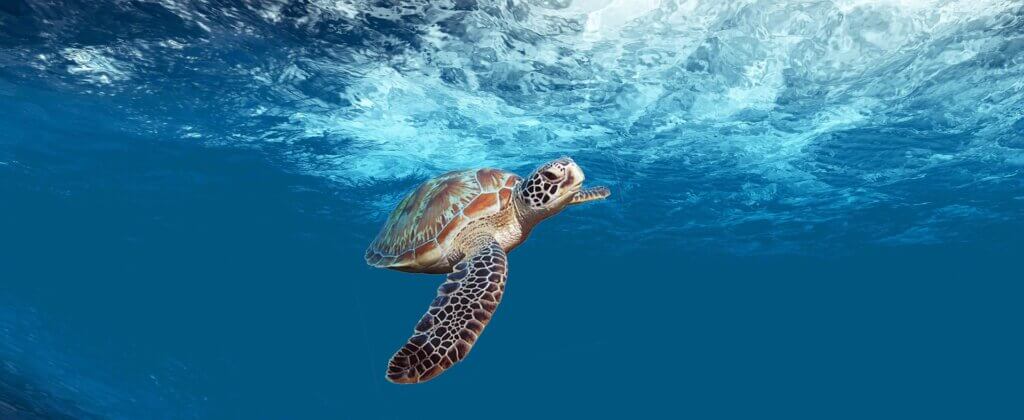
Unravelling the link between trafficking in sea turtles and plastic pollution
Every year thousands of turtles return to their birthplace on the beaches of the South Pacific to lay their eggs. These include the Olive Ridley, Pacific Leatherback and Hawksbill turtles. While their grace, agility and speed delight and surprise at sea, on the beaches they are slow and vulnerable. Some species take 20 years to reach their reproductive age.
Not all hazards to which they are exposed are natural. Populations are shrinking as a result of pollution, a decline in their living and breeding space and poaching. To protect the remaining populations, all sea turtles are listed in CITES Appendix I, which prohibits trade in eggs, live animals and their by-products (scales, shells).
At sea and on the beaches, plastic bags polluting the wild suffocate and strangle adult turtles. The hundred or so eggs they lay in a hole dug in the sand are coveted by traffickers who promise additional income to poor families living on the coast. This is hard to resist when all you have to do to improve your daily life is bend down and pick up a few eggs.
Since 2001, Fauna & Flora International (FFI) has been developing a turtle conservation programme. They have set up patrols of forest rangers from the local population as well as hatcheries. They also work to raise awareness among local people and help them to find sustainable sources of income, for example through the “Weaving for Nature” initiative.
Weaving for Nature
The idea is to transform a waste product into a resource that provides an outlet and additional income for local communities. Since 2007, women trained in weaving have been collecting plastic bags on the beaches. The handicrafts they make are sold to tourists. The additional income is about US$100 per month for each weaver. This is a significant proportion of household income in an area where the average wage is estimated to be US$200 per month. With this alternative source of income, the motivation to poach eggs disappears. The social status of women has also improved as a result of this activity.
The number plastic bags on nesting beaches is decreasing. In part, this is due to the collection of bags that have been washed up, but also bags that are no longer thrown away due to a lack of waste disposal facilities.
Although turtles are still threatened, there is no shortage of allies all over the world: rescuing turtles caught in nets or tangled in floating waste (Australia), monitoring and supporting hatchlings on beaches (Costa Rica, Tunisia), education and artistic projects based on beach cleaning (Ghana), using fake eggs with GPS to hunt down traffickers and buyers (Costa Rica), collection and rescue of land and water turtles at home (Belgium).
For more information on the “Weaving for Nature” initiative: Turtle-friendly plastic? A crafty solution to pollution, poaching and poverty | Fauna & Flora International (fauna-flora.org)
Photo : Pixabay
Videos : Pexel
Actus Associés
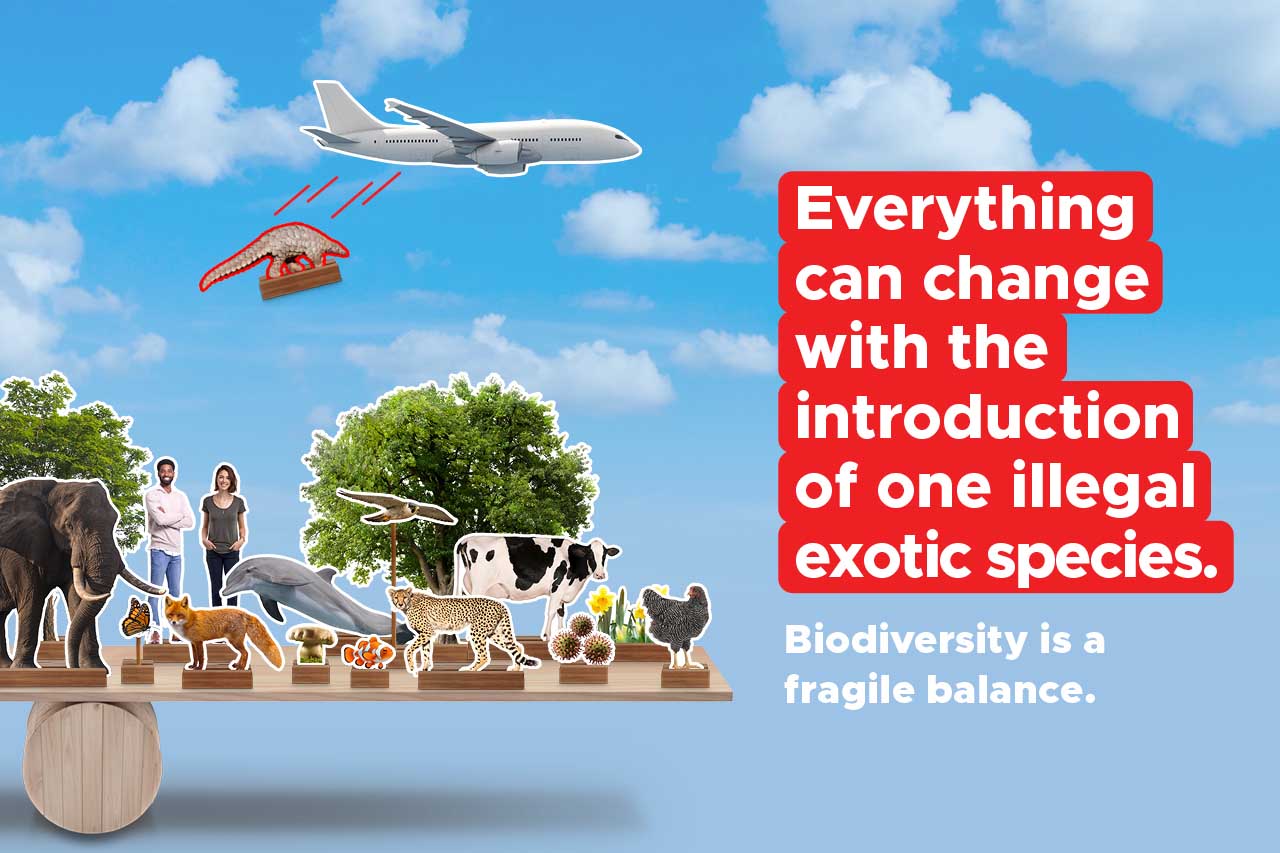
Everything can change with the introduction of one illegal exotic species!
The new awareness campaign for travellers
See more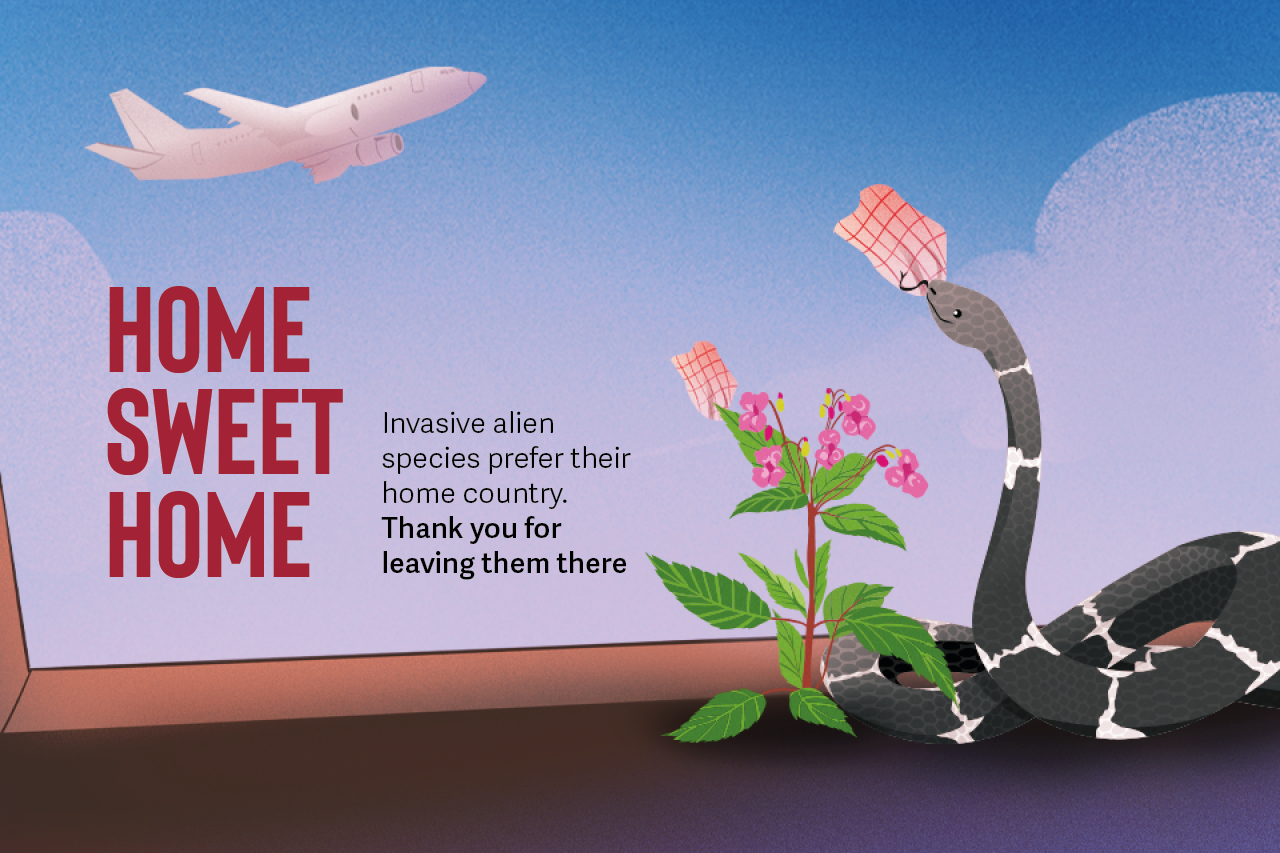
Invasive alien species – The traveller awareness campaign
A silent invasion: invasive alien species Red-vented bulbul, Egyptian goose, Amur sleeper, broomsedge bluestem, these names probably do not mean anything to you… Still, they are among the 88 invasive alien species of animals and plants that are regulated by the European Union. Despite of their pleasant names, those species represent an important threat to our biodiversity and the ecosystems which we live in.
See more
